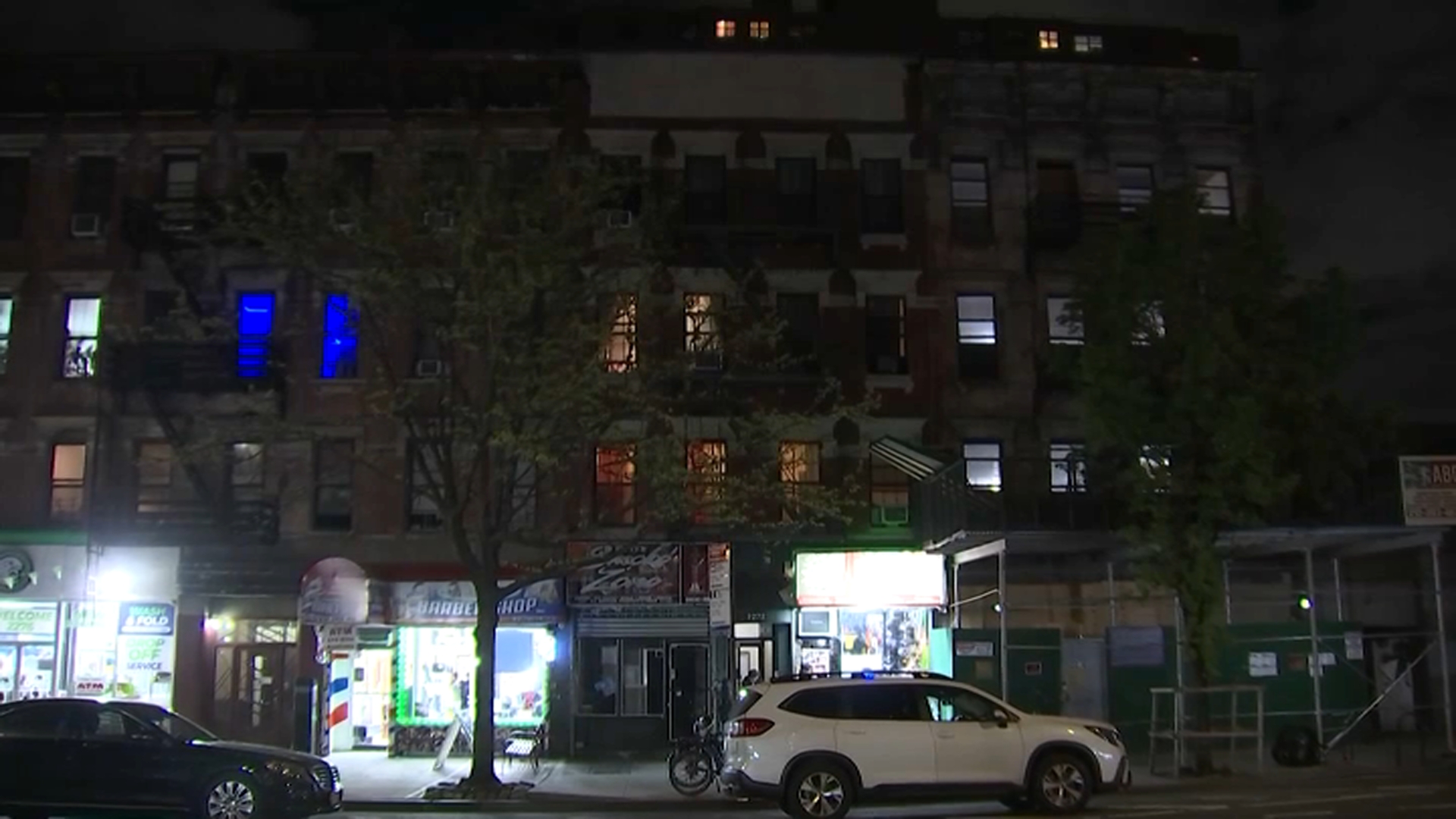Finding the city's attitude "deeply troubling," a judge granted class action status Wednesday to a 2008 lawsuit accusing the NYPD of discriminating against blacks and Latino with its stop-and-frisk policies aimed at reducing crime.
U.S. District Judge Shira Scheindlin in Manhattan said in a written ruling that there was "overwhelming evidence" that a centralized stop-and-frisk program has led to thousands of unlawful stops. She noted that the vast majority of New Yorkers who are unlawfully stopped will never file a lawsuit in response, and she said class-action status was created for just these kinds of court cases.
The lawsuit alleged that the police department purposefully engaged in a widespread practice of concentrating its stop-and-frisk activity on black and Latino neighborhoods based on their racial composition rather than legitimate non-racial factors. The lawsuit said officers are pressured to meet quotas as part of the program and they are punished if they do not.
Scheindlin said she found it "disturbing" that the city responded to the lawsuit by saying a court order to stop the practice would amount to "judicial intrusion," and that no injunction could guarantee that suspicionless stops would never occur or would only occur in a certain percentage of encounters.
"First, suspicionless stops should never occur," Scheindlin wrote. She said the police department's "cavalier attitude towards the prospect of a 'widespread practice of suspicionless stops' displays a deeply troubling apathy towards New Yorkers' most fundamental constitutional rights."
She called it "rather audacious" of the police department to argue that legislators already would have passed necessary laws if it were possible to protect people from unlawful searches and seizures.
She added that if the police department was engaging in a widespread practice of unlawful stops, then an injunction seeking to curb that practice is not the "judicial intrusion into a social institution" that the city claims it would be but "a vindication of the Constitution and an exercise of the courts' most important function: protecting individual rights in the face of the government's malfeasance."
Local
The city law office said in a statement: "We respectfully disagree with the decision and reviewing our legal options."
Darius Charney, who argued the case on behalf of the Center for Constitutional Rights, a non-profit legal organization, said: "We're very pleased. We think she clearly got everything right on the law."
He said the ruling "reinforces that this is a citywide problem the NYPD needs to address."
The Police Department said it made 601,055 street stops of potential suspects last year, with about 10 percent of the stops resulting in arrests. In 2009, there were 575,304 stops.
The RAND Corp. research organization, in a study commissioned by the NYPD and released in 2007, concluded the raw data "distorts the magnitude and, at times, the existence of racially biased policing."
The study acknowledged that "black pedestrians were stopped at a rate that is 50 percent greater than their representation in the residential census." But it said using the census as a benchmark was unreliable because it failed to factor in variables such as a higher arrest rate and more crime-suspect descriptions involving minorities.
Get the latest from NBC 4 New York anytime, anywhere. Follow us on Twitter, Facebook and Google+. Get our apps here and sign up for email newsletters here. Get breaking news delivered right to your phone -- just text NYBREAKING to 639710. For more info, text HELP. To end, text STOP. Message and data rates may apply.



